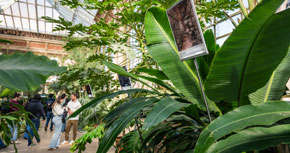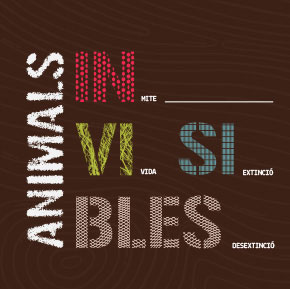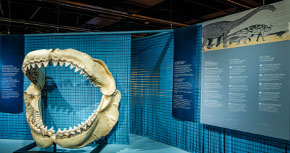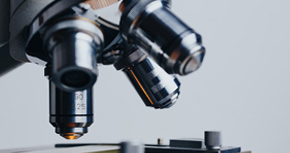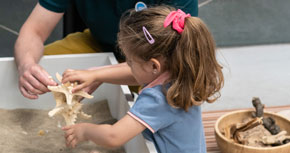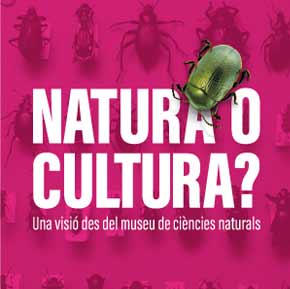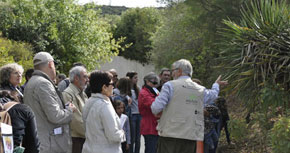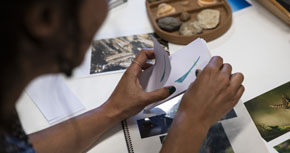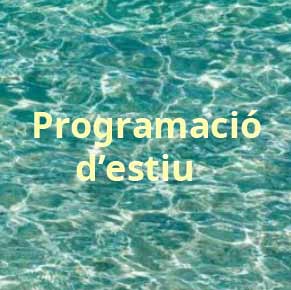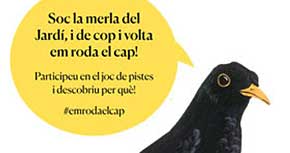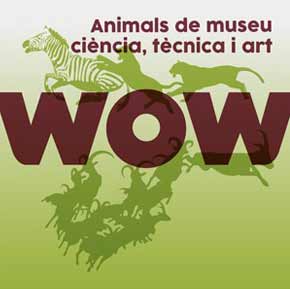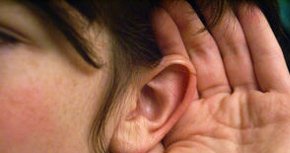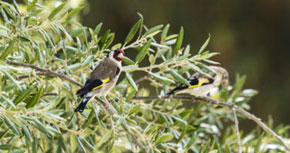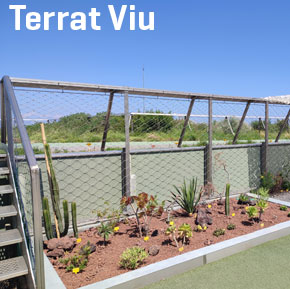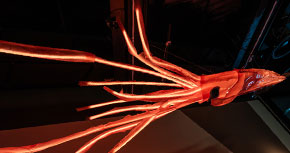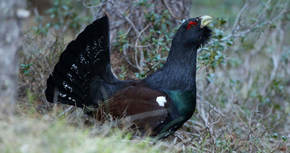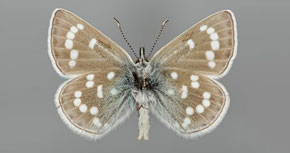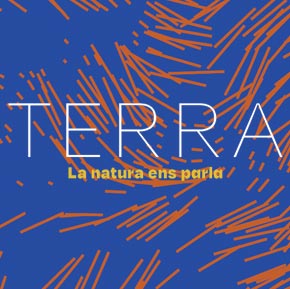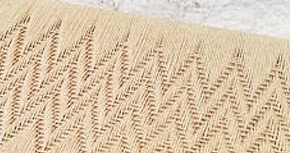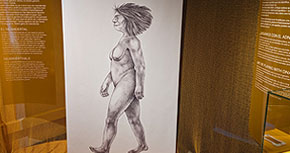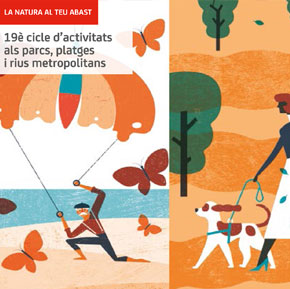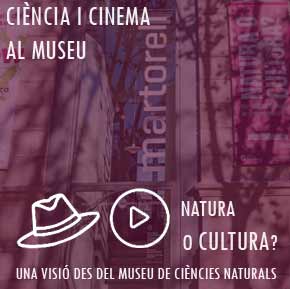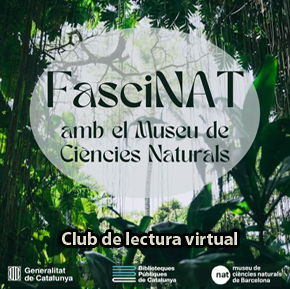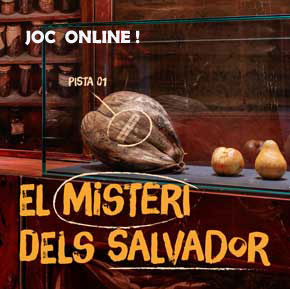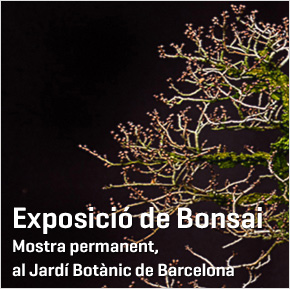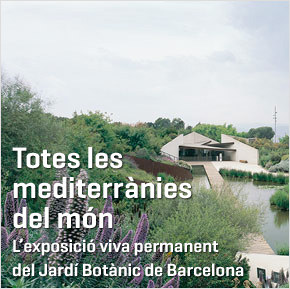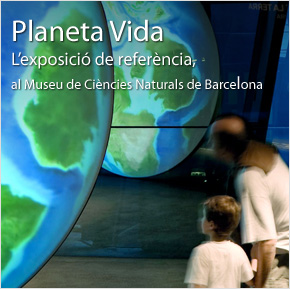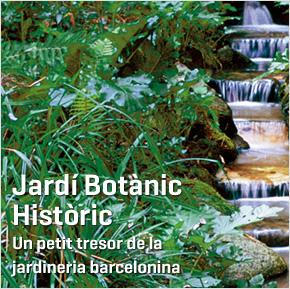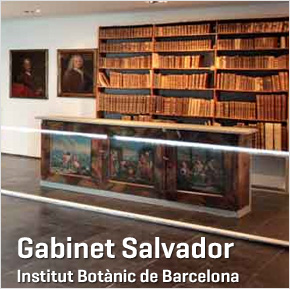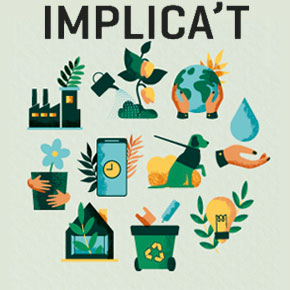Títol del seminari: “Sticky seeds”-morphology, structure and function of the seed mucilage
Resum: Myxodiaspory, is an ability of seeds and fruits to produce the mucilage envolpe after hydration. This phenomenon is known for diaspores of many different plant families, such as e.g. Asteraceae, Brassicaceae, Lamiaceae, Plantaginace or Linaceae. The mucilage is compose of three main polysaccharide types i.e. pectins, hemicelluloses and cellulose and represents a modified secondary cell wall, which is particularly rich in pectins. Based on the chemical composition we can describe two main types of mucilage i.e. “true slime” composed mostly of pectins and cellulose mucilage which possess additionally cellulosic skeleton in a form of long fibrils. For the mucilage production are responsible mucilage secreting cells which are building the seed/fruit coat. They can be rectangular and elongated or irregular in shape and can cover the entire diaspore surface.
Mucilaginous seeds and fruits are typically of plants occurring in dry habitats like deserts, semi-deserts or steppes. Mucilage is beneficial for diaspores in different ways. It can accumulate and maintain water around the diaspore and in this way creates favorable conditions for germination. Mucilage facilitates adhesion to the ground preventing transportation to unfavorable habitats, or by adhesion to the animal body plays the role in long-distance diaspore dispersal.
The mucilage has also some economic importance. It is used e.g. as food additive or as binding agent in tablets. The whole mucilage diaspores (Linum usitatissimum) are used in tradicional medicine to prepare infusions and poultices.
Ponents: Agnieszka Kreitschitz, Zoological Institute, Funcional Morphology and Biomechanics, Kiel University & Departament of Plant Developmental Biology, Institute Experimental Biology, University of Wroclaw, Poland
Idioma: anglès
Lloc: Sala Salvador, de l’Institut Botànic de Barcelona
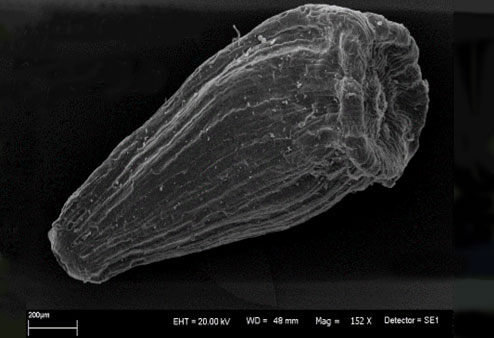
Artemisia persica.
Organitza: Institut Botànic de Barcelona




